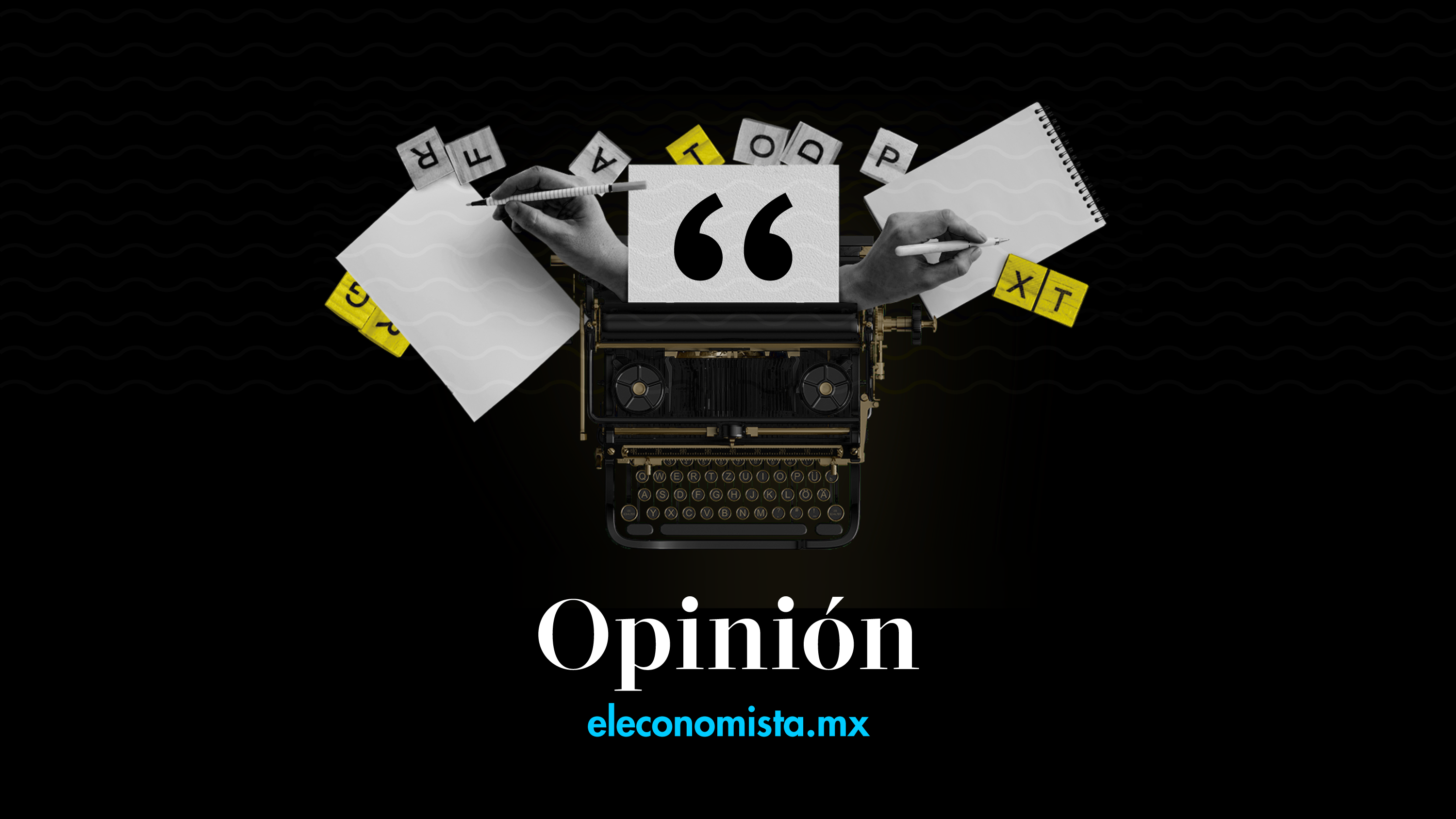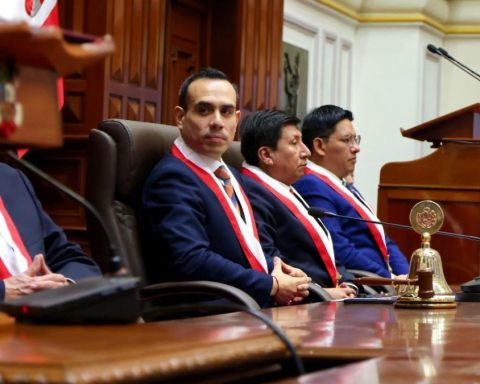It is a model of sectoral organization “that has been abandoned in many countries due to its inefficiency, inability to meet demand…”
There were already many voices that, with technical support, had expressed their opposition to the electrical counter-reform that the so-called 4T government has in its portfolio. Most of them have been individual voices that have tried to give analytical support to their antagonism to the highly controversial proposal. But in last Tuesday’s edition, the position of Cofece (Federal Commission of Economic Competition) against the initiative that is in the hands of the Legislature was published here in El Economista.
In general, the opinion of this body coincides with the judgments that can be found in economics textbooks on monopoly and monopsony arrangements: that they are detrimental to the well-being of the community! According to Cofece, “the electrical reform initiative categorically renounces the model of competition in the generation and supply of electricity, replacing it with a vertically integrated industrial model operated by an unregulated state monopoly.”
In etymological terms, monopoly means a single producer. And that is exactly what the initiative under discussion aspires to: to turn the Federal Electricity Commission (CFE) into a monopoly “in the generation, transmission, distribution and supply (marketing) of electricity.” It is, according to Cofece, a sectoral organization model “that has been abandoned in many countries due to its inefficiency, inability to meet demand, high costs and negative impact on public finances.”
In its critical argument, the autonomous body also points out that the initiative would imply the integration of a monopsony, meaning a single buyer. How could that be? If the incendiary initiative is approved, private companies would be allowed to generate up to 46% of the total electricity, but the fluid can only be sold to the Federal Electricity Commission (CFE). And in this monopsony arrangement, the CFE would be in charge of determining – still unknown – the terms and conditions under which the purchases would be carried out. That is, some terms with a view to removing private generators from the operation. In other words, the proposal would “improperly transfer regulatory and public policy tasks to the CFE”, falling into a true conflict of interest.
It would be convenient for the authorities to realize that in the campaign for the electrical counter-reform initiative, they have irretrievably lost the battle for the technical debate. In the end they will be able to win, but not convince…
Columnist
economic debate
















